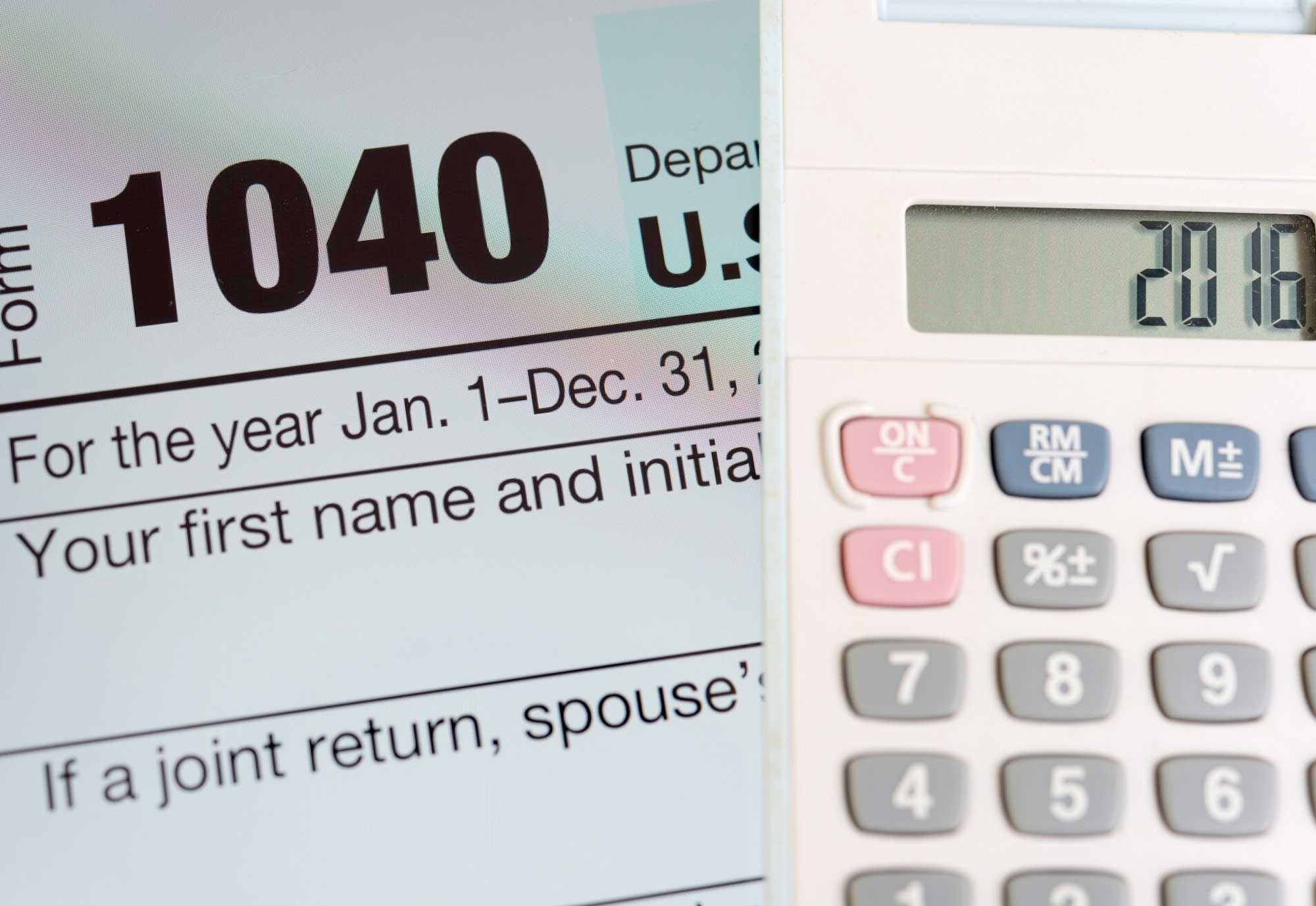The COVID-19 pandemic has left an indelible mark on businesses worldwide, and self-employed individuals and small business owners have faced unique challenges. However, within the complex landscape of economic relief measures, there are various tax refunds designed to alleviate the financial burden imposed by the pandemic. In this comprehensive guide, we explore the array of tax refunds available to self-employed individuals and small businesses, providing a roadmap to unlock these critical resources.
1. Employee Retention Credit (ERC):
The Employee Retention Credit is a key component of pandemic relief for businesses that retained employees during challenging times. Small businesses, including self-employed individuals who meet specific criteria, may be eligible for this refundable tax credit. It's crucial to understand the qualifying conditions, such as experiencing a significant decline in gross receipts or facing government-mandated shutdowns.
2. Paycheck Protection Program (PPP) Forgiveness:
While not a traditional tax refund, PPP loan forgiveness can have a significant impact on the financial health of self-employed individuals and small businesses. Loans used for eligible expenses, such as payroll, rent, and utilities, can be forgiven, effectively converting the PPP loan into a tax-free grant.
3. Economic Injury Disaster Loan (EIDL) Advances:
The Economic Injury Disaster Loan program provides a lifeline for businesses affected by the pandemic. While the EIDL itself is a loan, the EIDL Advance portion functions as a grant. Small businesses and self-employed individuals may be eligible for the advance, providing a direct infusion of funds without the obligation of repayment.
4. FFCRA Paid Leave Tax Credits:
Self-employed individuals and small businesses offering paid leave due to COVID-19-related reasons may qualify for tax credits under the Families First Coronavirus Response Act (FFCRA). Understanding the nuances of the FFCRA and the specific conditions for claiming these credits is essential for optimizing the available benefits.
5. Work Opportunity Tax Credit (WOTC):
The Work Opportunity Tax Credit is a versatile tool for businesses hiring employees from certain targeted groups, including those affected by the pandemic. While not exclusive to COVID-19 relief, the WOTC can be leveraged to maximize tax benefits for businesses contributing to economic recovery through strategic hiring.
6. Restaurant Revitalization Fund (RRF) Grants:
For businesses in the restaurant industry, the RRF provides targeted relief through grants. While not a tax refund in the traditional sense, these grants can significantly impact a business's financial position. Understanding the eligibility criteria and application process is crucial for businesses seeking RRF support.
7. Depreciation Deductions:
The Tax Cuts and Jobs Act (TCJA) introduced favorable changes to depreciation rules, allowing businesses to accelerate certain deductions for qualified property. Self-employed individuals and small businesses can leverage these changes to enhance cash flow through accelerated depreciation deductions.
8. State and Local Assistance Programs:
In addition to federal programs, many states and localities have implemented their own relief measures for businesses impacted by the pandemic. These can include grants, tax credits, or other forms of financial assistance. Researching and understanding the available options in your specific location is vital for maximizing available refunds.
9. Health Coverage Tax Credits:
Self-employed individuals purchasing health insurance through the Affordable Care Act (ACA) marketplace may be eligible for premium tax credits. Understanding the criteria for these credits and navigating the ACA marketplace can help self-employed individuals offset the cost of health coverage.
10. Research and Development (R&D) Tax Credit:
While not specific to pandemic relief, the R&D tax credit remains a valuable tool for businesses investing in innovation. Research and development activities aimed at improving products, processes, or services may qualify for this credit, providing a long-term benefit for businesses adapting to changing market conditions.
Conclusion: Navigating the Tax Relief Landscape
Unlocking the full spectrum of COVID-19 pandemic tax refunds for self-employed individuals and small businesses requires a nuanced understanding of each program's intricacies. While these refunds provide critical financial support, it's essential to approach the process with diligence and seek professional guidance when needed. By leveraging these resources strategically, businesses can not only weather the challenges of the pandemic but also position themselves for long-term success in a post-COVID-19 world.










